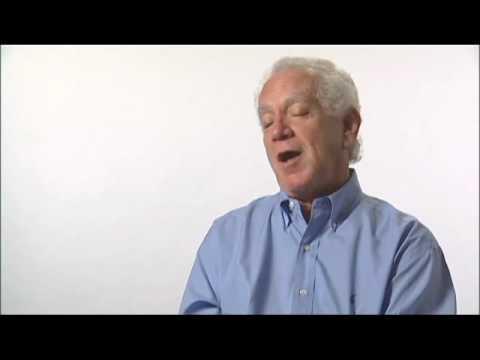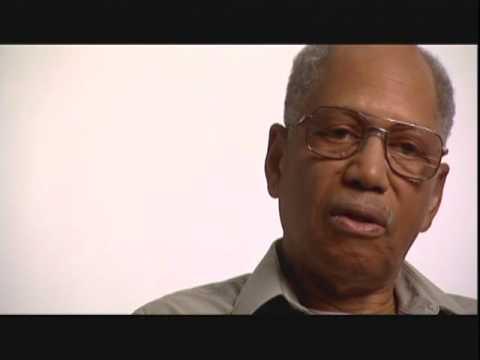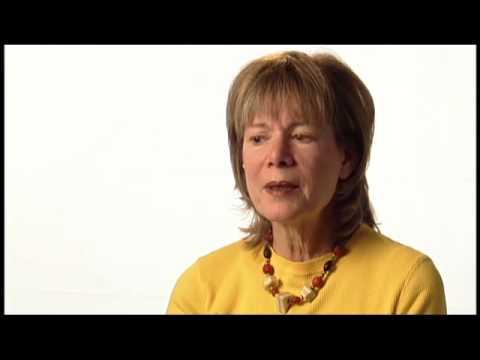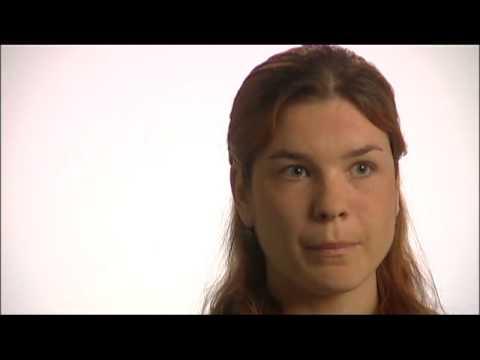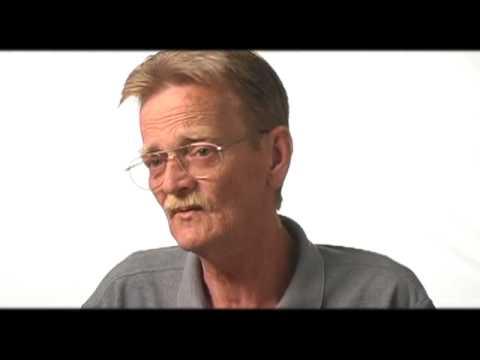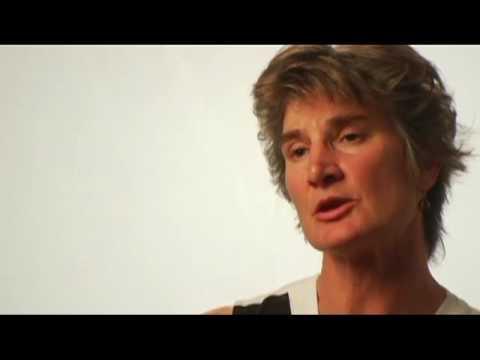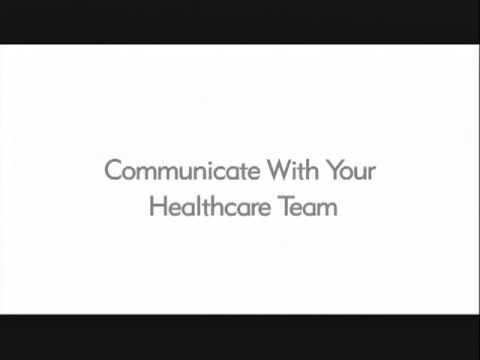Rose I.
I became a breast cancer survivor when I was diagnosed in 1995.
It was a shock to the system. I had fibrocystic breasts, and I never thought anything of it. I did my mammograms like I was supposed to. One time, I had the little calcification show up on the mammogram, did a biopsy, and nothing was there. Several years later, I did a mammogram, nothing happened. Then one day, I had some tenderness in my left breast, but it felt like the fibrocystic breast felt. I went to my doctor, and I have to credit her for her wisdom. She didn’t say, “Let’s just wait and watch.” She said, “Go do another mammogram,” even though it had only been six months.
In that mammogram, there was some more calcification. She didn’t like the way it looked, so we did a biopsy. They said, “Oh, it looks good, Rose. You’re okay.” So I thought I was just fine. I went back to get the stitches out, and I knew I was in trouble when the surgeon said, “Sit down, Rose.” It turned out to be a very bad kind. It’s called comedo-type, which means “blackheads” as opposed to a lump.
I had surgery and then my treatment was Tamoxifen and Megestrol. Megestrol is an anti-carcinogen, but it also is helpful in mitigating the effects of Tamoxifen. In other words, the sudden onset of menopause. But Megestrol also makes you eat. I gained thirty pounds.
I ended up having five surgeries. I chose to do a TRAM flap reconstruction. They take the abdominus rectus muscle, turn it around, pull it up, and make a fake breast. I did that and it died. It turned gangrenous, and I lost half of my flap. So I have one-fourth of a breast on one side. I call myself Titty-And-A-Half. I’ve used humor a lot to survive all of this. I felt that the sooner I could start laughing about it and being up front about it, the better. The surgeon ended up taking too much of my abdominus rectus, and I sprung a ventral hernia. That is where parts of your intestines come out, and they’re just right behind your skin. So I got this little pouch here. I had to go back. They had to stuff that back in, stitch me up, put some mesh in there and staple gun it in.
My natural thing is for me to turn anger in on myself. So my first response was depression. I got seriously depressed. I had terrible anxiety. I tried to pretend that it wasn’t happening. My usual mechanisms of dealing with stress in life are avoidance and denial. My wonderful family doctor had a counselor in her office. When her patients had traumatic things happen, she referred them to the counselor. I was resistant at first, like some people are with going to a counselor. “You can tough this out.” But finally one day, I went in and said, “I need to see her.” It was a beginning of crawling out of the hole because I had other things that went wrong after the initial surgery. It was difficult.
I ended up on Paxil. I would strongly urge anyone that’s getting into a little chemical imbalance, that it doesn’t mean you’re crazy. If you are depressed and you know that something is wrong, get to a doctor. Paxil is the most wonderful thing. It got me past some things. There are a lot of new generation antidepressants. There is absolutely no reason for someone to suffer with depression, whether it’s related to cancer or anything else. It’s just not okay.
I knew myself well enough to know that any serious thing going on in my life, I need support. I’m willing to ask for it. The first thing I did after I was diagnosed was I went to the phone and called the American Cancer Society. I said, “I’m going to have breast cancer surgery. I need to find a group. How do I do that?” They put me in touch with people at the hospital. Before I even had my surgery, I went to my first group meeting. There were five of us that had breast cancer at the same time. They’d all just had their surgeries, and I was about to have mine next week. We traveled together and stayed together for five years. We met every week for several years, then every other week, then once a month. Then we went off into the universe when we didn’t need each other anymore. But we got each other through, and I can’t say enough about finding someone to walk that walk with you. We were all depressed at the same time. We were all on Paxil. We all gained weight. We did it together, and it really lightened the load.
I didn’t get cancer until I had been married for ten months. Part of me felt like damaged merchandise. But he was awesome. He said he didn’t care what it looked like. So I started not to care either. My husband and I found peace. We found a way to be together. The struggle through all that and the aftermath put us in a different space as a couple than I ever anticipated. So my big question mark was, “What do I do? Do I stay? Do I go?” I made a conscious decision that love is about choice. I love this man, and I choose to stay here. I’ve learned a whole other way of being. So it’s been a blessing in that way. I learned a lot from the cancer because it affected the relationship. Things can come up that you never would have thought before. It made us be more intellectually, psychologically and spiritually connected. The physical didn’t even become important anymore. He’s my best friend.
I’ve been a nurse for years, and I’m an old nurse. I thought that if anybody could negotiate their way through the maze of healthcare stuff, it’d be me. I picked the best doctors. I thought I knew everything. And I didn’t. I did not research it. Do not be impulsive like me. I wanted that thing off of there. In my mind, I had breast cancer and that meant I was dead. I’ve got to chop that thing off. Get that cancer out of there. Impulsively, I went with the first surgeon I was referred to rather than interviewing other surgeons. I did not pick well. And that’s okay. That’s part of life. I think everybody learned something. If I’d done a little more research, I would have found somebody that had more experience in what I had done. But there I was, a nurse for thirty years and didn’t know how to find a doctor. Take your time. Take a deep breath. You’re not going to die over the next three or four days. Go interview the doctors. You have a right to do that.
I used to sit on the Texas Cancer Council. I have some experience with looking at cancer in different populations and funding. One of the things that really bothered me was the disparity between the people that have really good insurance, the ones that have indigent care, and then the ones that have no insurance and don’t get care. Those with no insurance and the indigents lose out on the diagnosis and prevention piece. People who have insurance can get a mammogram. People who have limited funds or no funds are not going to do it. They don’t know where to go the next time. Somebody is going to ask them for money. They can’t do it. Ultimately, we pay, as a society, because it’s more expensive to go to the emergency room as your primary caregiver. If we don’t do it in a manner where everyone gets some level of care and has a place to go to get the diagnostics and the prevention, then we are ultimately paying for it somewhere else. The private caregivers and the insurance companies are picking up the tab. My treatment cost over a hundred thousand dollars. If things were distributed more evenly, the costs would be picked up differently. I would venture to say that my individual insurance costs would go down. It makes good business sense to try to figure this out.
Survivorship, to me, means never say die. Never give up. Never. It reminds me of the poem, “Do not go gentle into that good night. Rage. Rage against the dying of the light.” I never give up.
Livestrong™ means live to your fullest. Be all that we’re supposed to be. I didn’t know how strong I was. It forced me to be strong. It forced me to go beyond the wall. I can do whatever I want to do. It gave me a certain degree of joie de vivre. This is life. Live it. Life is good with cancer.
My name is Rose Ireland, and I’m a ten-year breast cancer survivor.

